Privileging national interests over global well-being result in vaccine inequality: Analyst
American scholar Richard Falk says inequality in the distribution of COVID-19 vaccines has been driven to a large extent by the national priorities of vaccine producers.
Falk told Press TV on Sunday that there are many explanations for the failure to make available the vaccines to poorer countries that could neither produce their own jabs nor afford to purchase them.
“One explanation is the emphasis of the vaccine producers on national priorities, including safeguarding of intellectual property rights, and the accompanying uncertainties of anticipating future vaccine needs given the unknowable course of the virus,” he said.
He said "holistic humanistic ethics and feelings of global solidarity" have given their place to an overemphasis on national interests, resulting in the current ailing distribution system.
"There is no doubt that the inequalities in manufacture and distribution were accentuated by considerations of national interest being privileged over global well-being."
Falk said there is a second explanation for the vaccine inequalities and that relates to the “difficulty associated with the safe transportation of the vaccine.”
“Such considerations still do not meet the primary puzzle of why the vaccine was not more widely distributed,” he added.
“Given travel and trade patterns national border control policies have a limited ability to reduce transnational transmission of the virus,” he said.
Falk also noted that “this underlying truth of interdependence has not sunk in to the effect that we are all better off when in addition to our national selves as many others outside national borders have been vaccinated.”
Israeli apartheid and immunization for Palestinians
Falk argued that in the specific context of Palestine, due to a pre-existing system of Israeli apartheid being in place, access to vaccines for the Palestinian population has become a problematic issue.
"In relation to Palestine and Palestinians, since the structure of relations is based on Jewish domination and discrimination based on race, any worsening of the victimized Palestinian people by withholding vaccines can be properly be regarded as an intensification of Israeli apartheid," he said.
Imperial geopolitics, sanctions impeding Iran access to vaccines
Falk acknowledged that US sanctions have got in the way of Iran procuring a steady sufficient inflow of vaccines, by discouraging third-party suppliers from dealing with the country.
“Iran’s health challenges associated with the pandemic have been increased due to the continued imposition of sanctions, but as analyzed here, such a pattern is illustrative of imperial geopolitics and regional rivalries, but not vaccine apartheid.”
He explained that sanctions “discouraged third-party governments and private sector actors from dealing in a normal way with Iran as they might run afoul of US official regulations that penalize governments and others for economic interactions with Iran."
Falk noted that US sanctions “make life as difficult as possible for Iran in its dealings with the world economy,” adding that is basically what they have been designed for.
The World Health Organization (WHO), which has long been calling for the vaccines to be distributed more equitably throughout the globe, condemned wealthy countries for a rush to provide vaccine booster shots for their people, while millions around the world have yet to receive a single dose.
It said earlier this month that “the data does not indicate that boosters are needed.”
US President Joe Biden, however, stressed a plan to offer booster shots for all Americans, saying that Washington has donated more vaccine doses than the rest of the world combined.
UK's police arrest ex-prince Andrew over sex scandal linked to Epstein
Iran elected vice-chair of UN Special Committee on Charter
Iran envoy says decision made to exchange ambassadors with Egypt
Russia continues to develop relations with Iran: Kremlin
VIDEO | Friends of Palestine meet at UN in Vienna
Trump’s war-mongering on Iran sparks sharp rebuke from US lawmakers
Top American columnist warns of Netanyahu exploiting Trump for Iran war
VIDEO | Press TV's news headlines


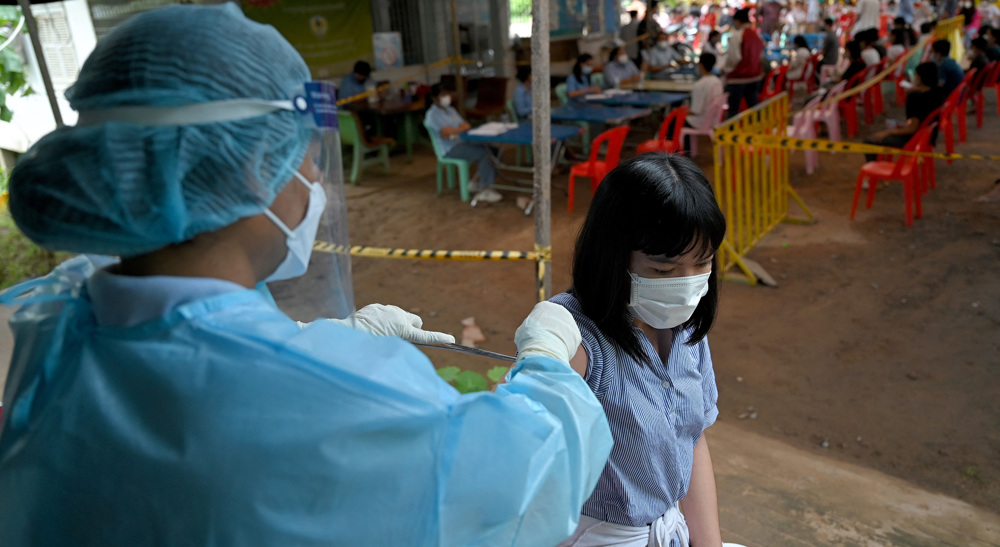
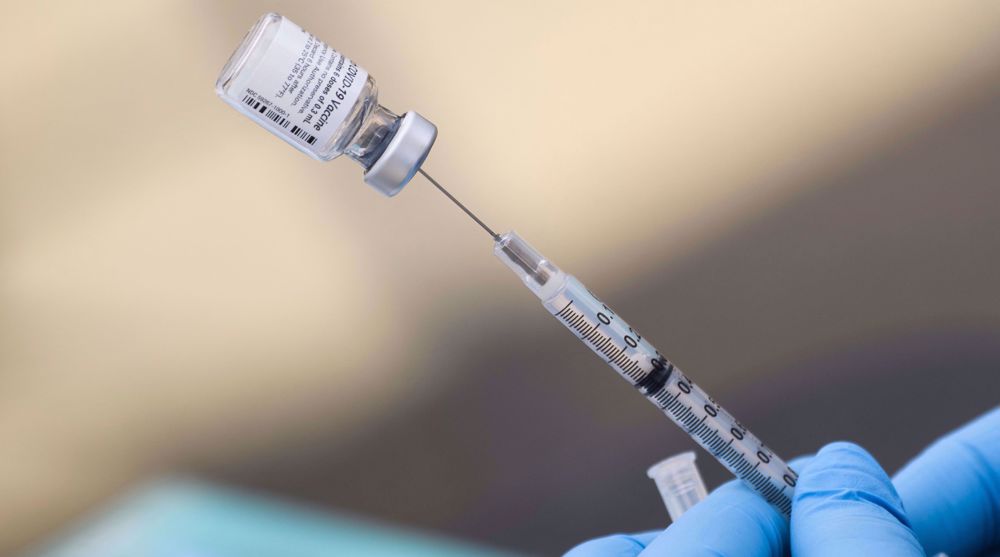
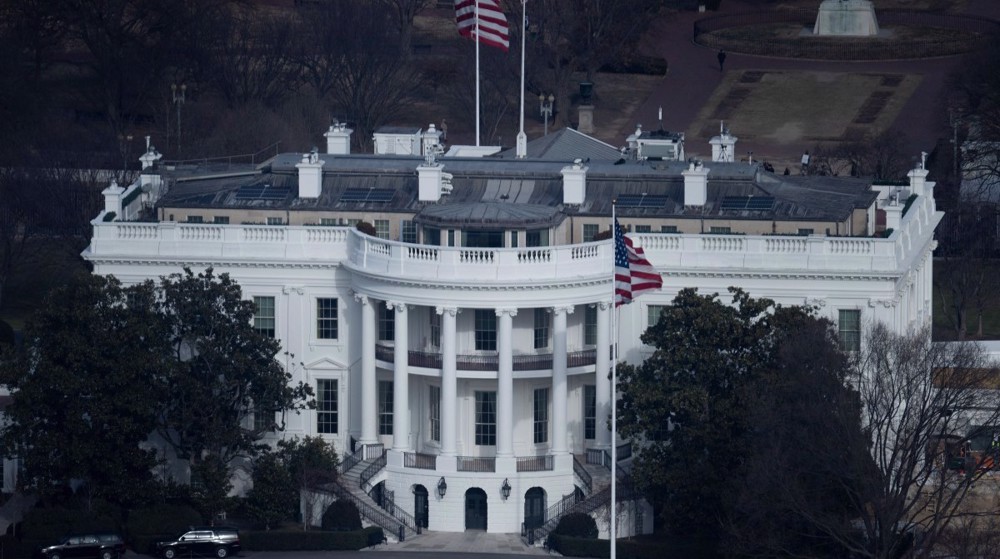
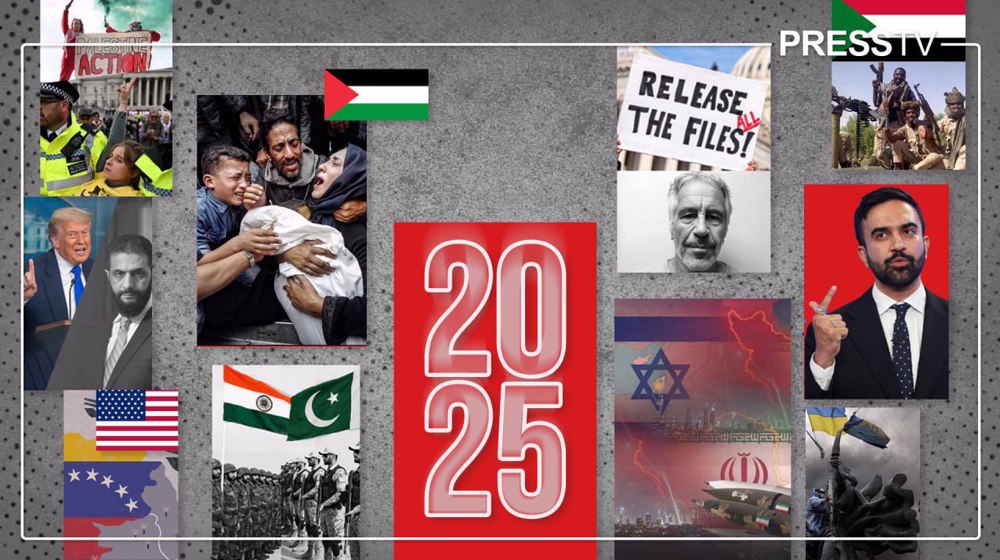
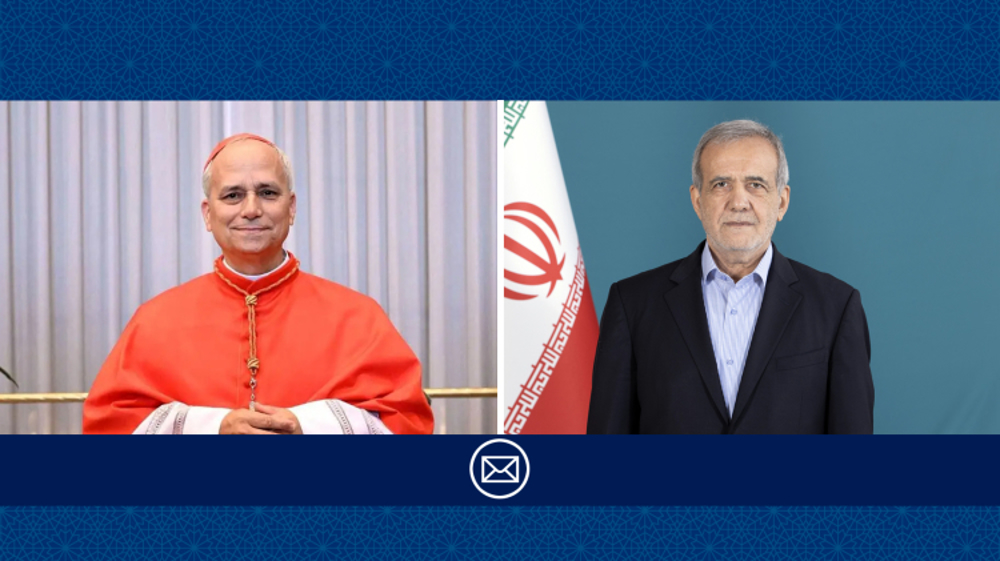



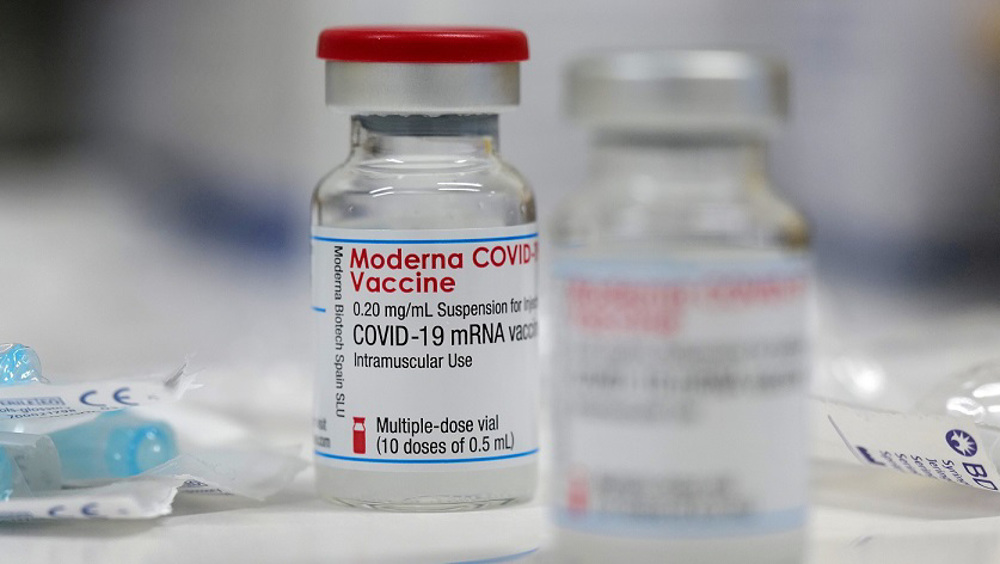
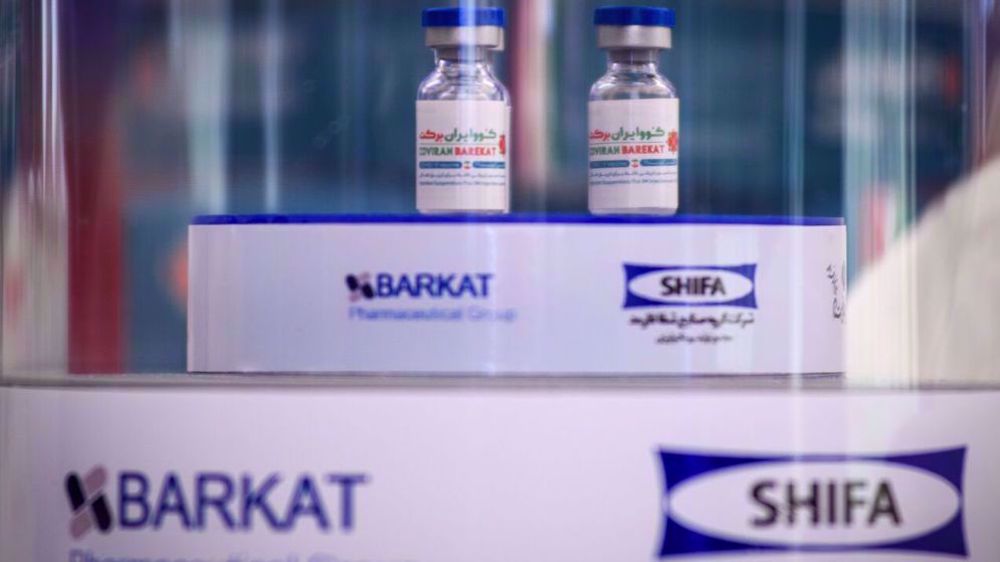
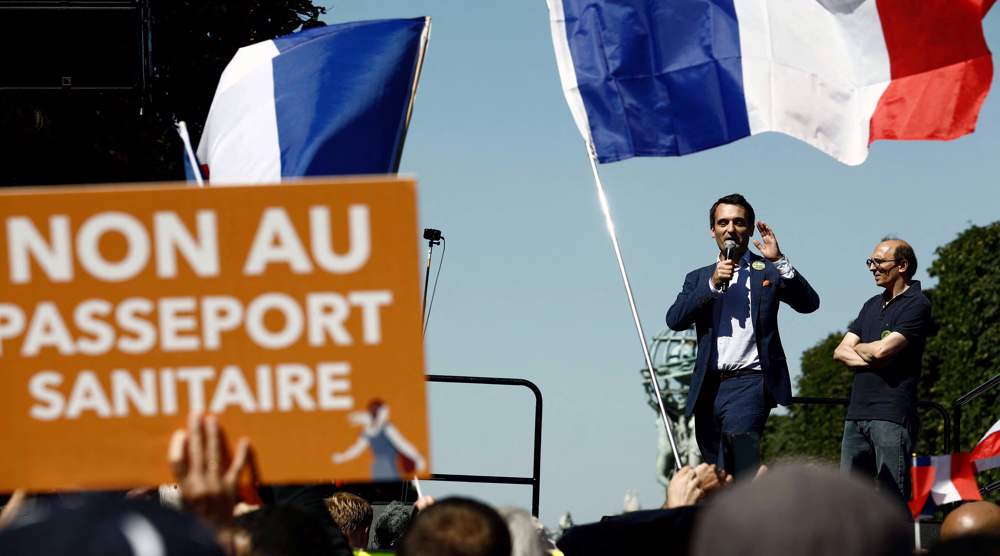

 This makes it easy to access the Press TV website
This makes it easy to access the Press TV website